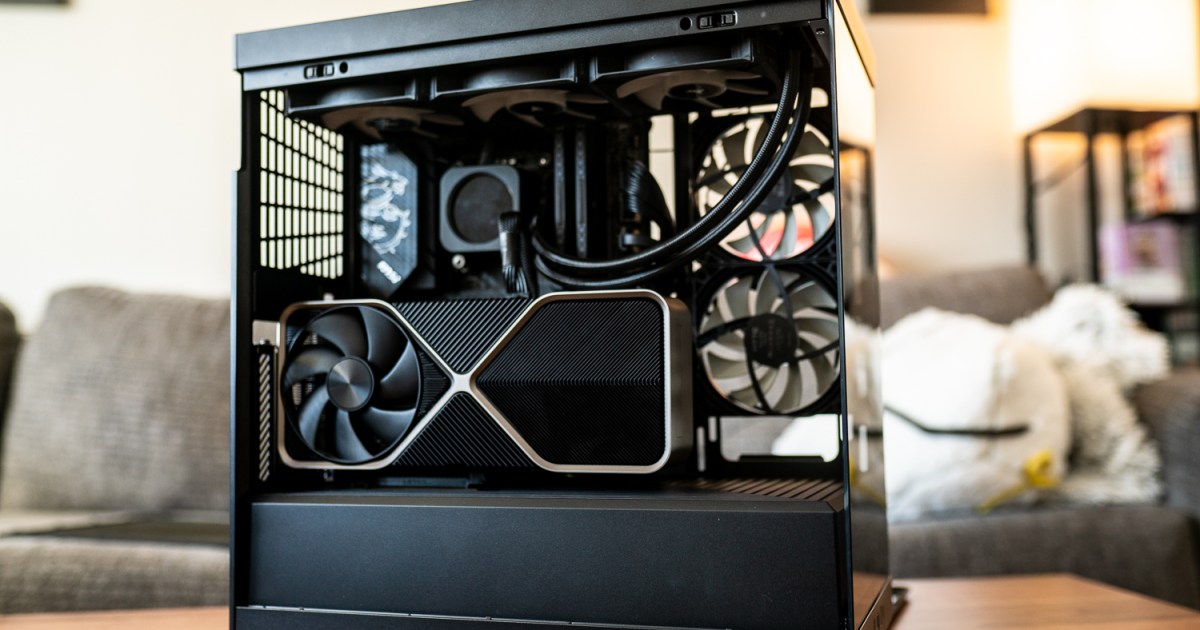Karl Iagnemma, an early pioneer in the autonomous vehicle industry who recently stepped down as president and CEO from Hyundai-backed Motional, is back in the AV and robotics game. Vecna Robotics, a Massachusetts-based startup that uses robots to handle materials in warehouses, has hired Iagnemma as CEO.
The robotics startup, which has developed autonomous pallet movers such as forklifts as well as software to help companies manage operations, also said Wednesday it has raised another $14.5 million in funding from existing investors. The startup said the funds will be used to accelerate its automation technology and improve its products for the automotive, general manufacturing, and high-volume warehousing industries. Vecna has raised $179 million, to date.
Vecna, which is backed by Tiger Global Management, Proficio Capital Partners, Blackhorn Ventures, and Highland Capital Partners, to name a few, raised $50 million in 2020. Two years later, the company raised $65 million in a Series C round that was extended earlier this summer by $40 million in new funding including equity and debt.

Iagnemma, who has dedicated most of his career to autonomy, told TechCrunch he sees a lot of opportunity for Vecna to scale commercially. He saw promise in that startup early on; Iagnemma was an angel investor in Vecna in 2020.
Iagnemma compared automation logistics to the current state of robotaxis. “There is a massive market opportunity but little market penetration,” he said. “What I’m most excited about is the combination of Vecna having the best technology in the industry and the secular tailwinds around material handling and automation, specifically due to labor supply and increased labor costs.”
Iagnemma startled industry insiders in September when he left autonomous vehicle technology company Motional, which has been trying to commercialize a robotaxi service. The former CEO has had a long career in AVs, first in academia and later as a founder. Iagnemma directed the Robotic Mobility Group research laboratory at MIT for 10 years. During that time, he would meet Daniel Theobald, a fellow MIT alumnus and founder of Vecna Robotics.
Iagnemma and Emilio Frazzoli founded the startup Nutonomy in 2013. Four years later, it was acquired by Delphi — now known as Aptiv — for $450 million. When Hyundai and Aptiv formed a $4 billion joint venture in 2019 called Motional to commercialize autonomous vehicles, Iagnemma took the top leadership role.
Motional has made progress but faced an existential moment earlier this year when Aptiv — the other half of the joint venture — said it would no longer allocate capital toward the endeavor. Hyundai stepped forward and in May agreed to invest another $1 billion into Motional. However, there has been a restructuring that included laying off about 550 people, pausing commercial operations, and delaying plans to launch a robotaxi service with its next-gen Hyundai Ioniq 5 robotaxis until 2026.
Iagnemma said he still believes in what Motional is working towards. “I actually think Motional is in a good spot,” he said. He acknowledged that while commercializing AV technology will still take some time, he thought Motional was poised to be a part of the burgeoning industry.
“If anybody thinks there’s only one winner in the space, that’s crazy talk,” he said.
Kirsten Korosec is a reporter and editor who has covered the future of transportation from EVs and autonomous vehicles to urban air mobility and in-car tech for more than a decade. She is currently the transportation editor at TechCrunch and co-host of TechCrunch’s Equity podcast. She is also co-founder and co-host of the podcast, “The Autonocast.” She previously wrote for Fortune, The Verge, Bloomberg, MIT Technology Review and CBS Interactive.
Subscribe for the industry’s biggest tech news




















 English (US) ·
English (US) ·